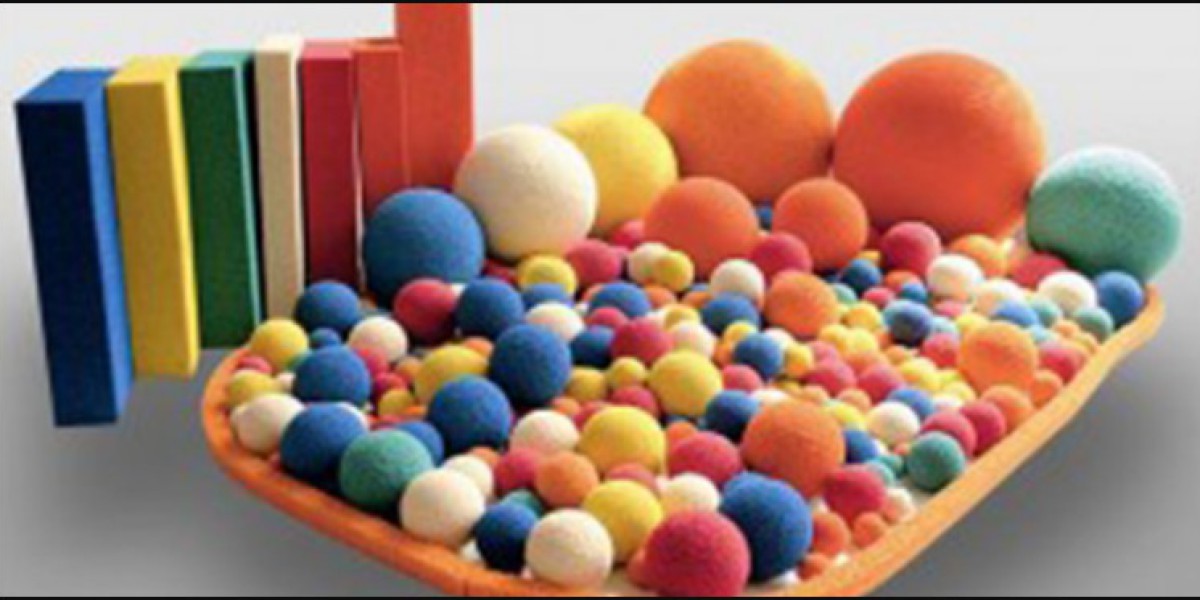Rubber seals are unsung heroes in the world of machinery and everyday objects. These seemingly simple components play a crucial role in preventing leaks, protecting components, and ensuring smooth operation. Here at Lusida Rubber (USA), a leading manufacturer of high-quality rubber products, we’re here to shed light on the world of rubber seals and oil seals, helping you understand their importance and applications.
What are Rubber Seals?
Rubber seals are flexible components designed to create a watertight or airtight barrier between two surfaces. They are typically made from various rubber compounds formulated for specific applications. These compounds offer properties like:
· Elasticity: The ability to deform and return to their original shape, creating a tight seal.
· Chemical Resistance: Resistance to degradation from various fluids, oils, and chemicals.
· Temperature Resistance: The ability to withstand a wide range of temperatures without compromising performance.
· Compression Set: Minimal permanent deformation after compression, ensuring a long-lasting seal.

Types of Rubber Seals: Lusida Rubber
There are numerous types of rubber seals, each designed for a specific purpose. Here are some common examples:
· O-Rings: Versatile seals with a circular cross-section, ideal for static sealing applications between shafts and housings.
· Gaskets: Flat or pre-formed seals used to fill gaps between surfaces, often used for static sealing of covers or flanges.
· U-Seals: U-shaped seals that provide a sealing lip against a flat surface, commonly used in doors, windows, and machinery.
· V-Packings: Sealing components with a V-shaped cross-section, often used in reciprocating applications like pumps and pistons.

What are Oil Seals?
Rubber Oil seals are a specific type of rubber seal designed to prevent leakage of lubricants (like oil or grease) from a shaft or housing while allowing the shaft to rotate. They typically incorporate a spring mechanism to maintain constant contact with the shaft and ensure an effective seal.
Applications of Rubber Seals and Oil Seals
Rubber seals and oil seals are used in a vast array of applications across various industries:
· Automotive: Seals for engines, transmissions, doors, windows, and other components.
· Industrial Machinery: Seals for pumps, valves, compressors, and other equipment.
· Appliances: Seals for washing machines, dryers, refrigerators, and other appliances.
· Construction: Seals for windows, doors, and building envelopes.
· Consumer Goods: Seals for electronics, medical devices, and various everyday objects.

Lusida Rubber (USA): Your Partner in Sealing Solutions
At Lusida Rubber (USA), we manufacture a wide range of high-quality rubber seals and oil seals using advanced materials and processes. We offer custom solutions to meet your specific needs, ensuring optimal performance and long-lasting reliability in your application.
FAQs: Your Questions about Rubber Seals Answered by Lusida Rubber
Q: What are some factors to consider when choosing a rubber seal?
A: Several factors are important, including the application, the type of fluid being sealed, temperature range, pressure requirements, and desired level of compression set. Lusida Rubber’s team of experts can assist you in selecting the optimal custom gaskets and seal material and type for your needs.
Q: How long do rubber seals typically last?
A: The lifespan of a rubber seal depends on various factors like material, application environment, and maintenance practices. High-quality rubber seals, properly chosen and maintained, can last for years.
Q: Can I replace a worn-out rubber seal myself?
A: Replacing a rubber seal might be possible for simple applications. However, for critical applications or if you’re unsure about the process, it’s recommended to consult a professional to ensure proper installation and avoid potential leaks.
People Also Ask (Rubber Seals in USA):
· What is the difference between a gasket and a seal?
Gaskets typically create a static seal between flat surfaces, while seals can be used for static or dynamic applications (sealing around moving parts).
· What materials are rubber seals made of?
Rubber seals are typically made from various elastomers like nitrile rubber (NBR), silicone (Si), ethylene propylene diene monomer (EPDM), and fluorosilicone (FKM), each with specific properties for different applications.
· Where can I buy rubber seals?
Lusida Rubber (USA) offers a wide range of rubber seals for various applications. You can find our products online or through our network of distributors.
Lusida Rubber is committed to providing high-quality rubber seals and oil seals that meet your specific needs. Contact us today to discuss your sealing products!



